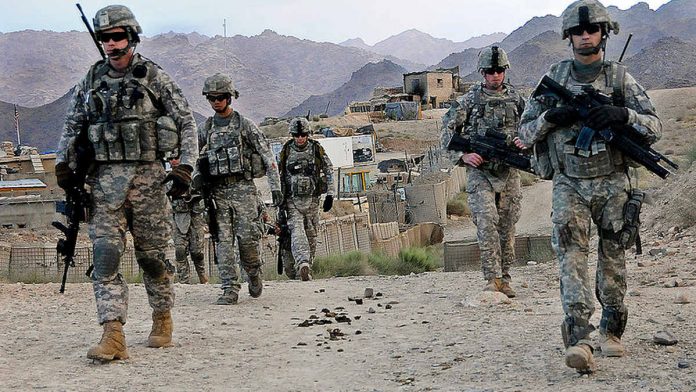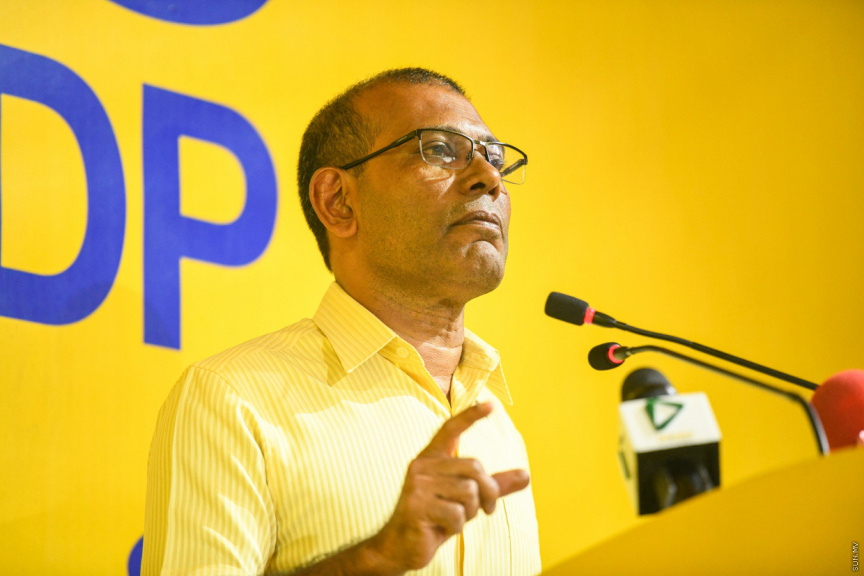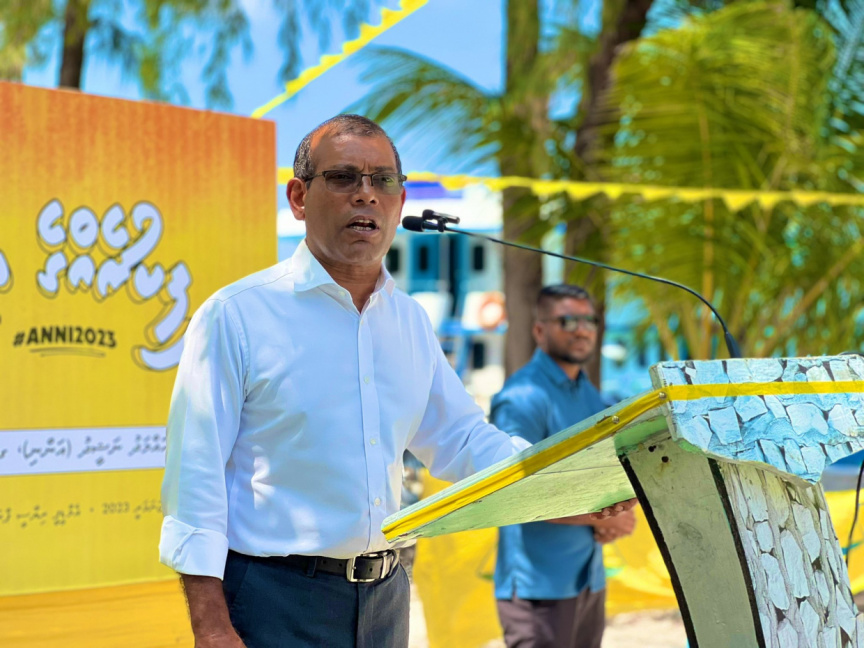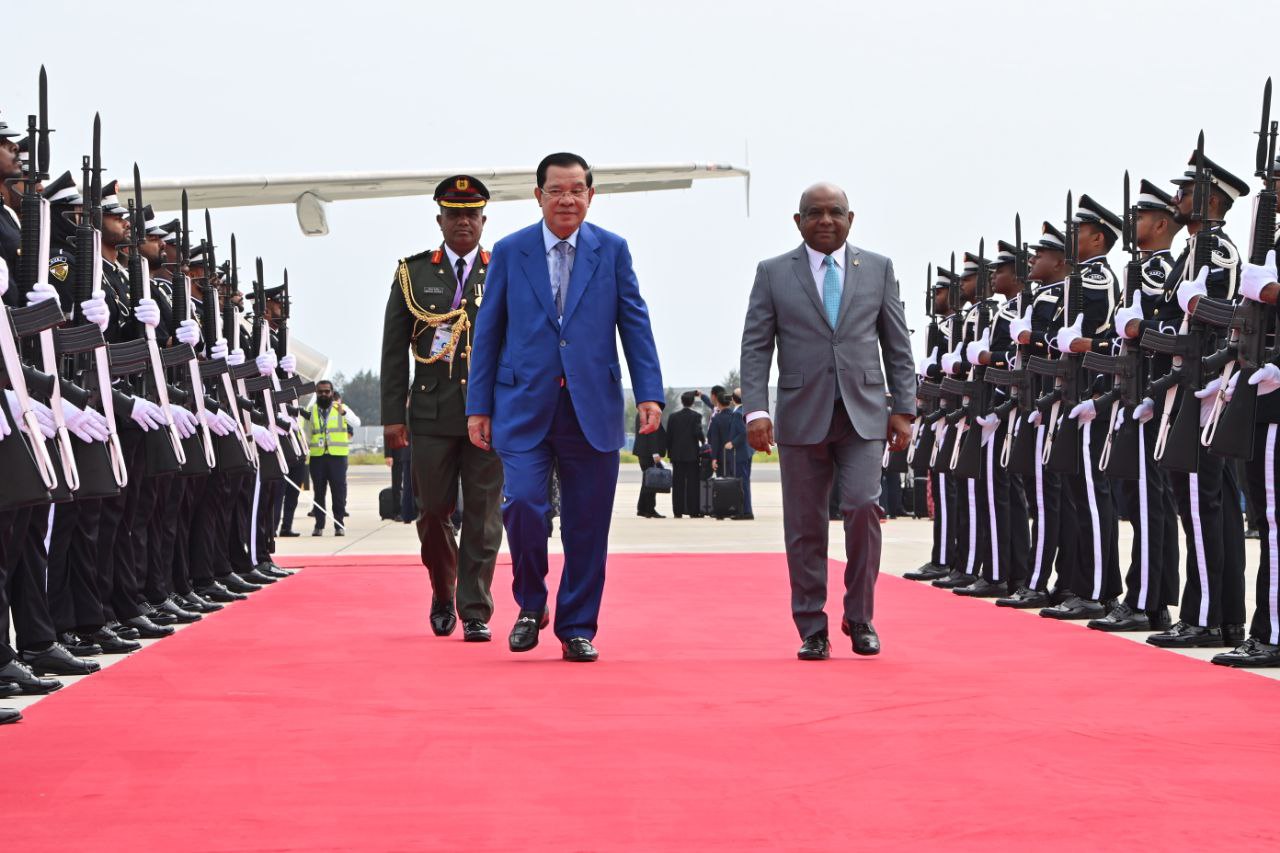On September 9, 2001 Al-Qaeda operatives assassinated the commander of the Northern Alliance, Ahmad Shah Masssoud by Al-Qaeda operatives.
The northern alliance is an anti-Taliban coalition that played a huge role in resisting the Taliban. The death of Massoud, a master of guerilla warfare known as the Lion of the Panjshir, dealt a fatal blow to the anti-Taliban resistance. According to the view of terrorism experts, his assassination guaranteed Osama bin Laden protection by the Taliban after the 9/11 attacks.
An American Journalist for CNN, Peter Bergen later calls Massoud’s assassination “the curtain raiser for the attacks on New York City and Washington, DC.”
One of the most defining moments of the 21st century is the terrorist attacks against the US was on September 11, 2001 also known as 9/11.
It began with the hijack of four commercial airlines by Al-Qaeda operatives, and then they went on to crash the planes into the World Trade Center in New York and the Pentagon in Washington, DC. The fourth plane crashes in a field in Shanksville, Pennsylvania. Approximately three thousand people were killed in the attacks.
Even though Afghanistan is the base for al-Qaeda, none of the nineteen hijackers are Afghan nationals. An Egyptian known as Mohamed Atta was the one that led the group, and fifteen of the hijackers originated from Saudi Arabia.
After this incident, President George W. Bush vows to “win the war against terrorism,” and later zeros in on al-Qaeda and Osama bin Laden in Afghanistan.
Bush ultimately calls on the Taliban regime to “deliver to the United States authorities all the leaders of al-Qaeda who hide in your land,” or share in their fate.
On September 18, 2001 President George W. Bush signs into law a joint resolution authorizing the use of force against those responsible for attacking the United States on 9/11.
This joint resolution at a later time will be cited by the Bush administration as legal rationale for its decision to take sweeping measures to combat terrorism, from invading Afghanistan, to spying on U.S. citizens without a court order, to standing up the detention camp at Guantanamo Bay, Cuba.
Additionally, the U.S. military, with British support, began a bombing campaign against Taliban forces in October 7, 2001, formally launching Operation Enduring Freedom. Canada, Australia, Germany, and France pledge future support.
The war’s early phase mostly involved U.S. air strikes on al-Qaeda and Taliban forces that are aided by a partnership of about one thousand U.S. Special Forces, the Northern Alliance, and ethnic Pashtun anti-Taliban forces.
The first wave of conventional ground forces arrived twelve days later. Most of the ground combat is between the Taliban and its Afghan opponents.
Today, the US has withdrawn all of its forces from Afghanistan and have made a complete retreat from the war, leaving the Afghans to deal with the Taliban’s on their own.
Furthermore, the Taliban have proceeded to take over dozens of cities in Afghanistan, in a matter of days after the fall back of US troops. They effectively sealed their control of Afghanistan on Sunday. They stormed into the capital, Kabul, and met little confrontation as President Ashraf Ghani fled the country, the government collapsed, and chaos and fear gripped the city, with tens of thousands of people trying to escape.
The rebels’ return to power, two decades after they were ousted, came despite years and hundreds of billions of dollars spent by the United States to build up the Afghan government and its defense forces.
Thinking forward, the United States and its former coalition partners must regulate their policies and posture to defend national security interests under a Taliban-controlled Afghanistan—which could be even more risky than it was in the 1990s, and in particular on September 11, 2001.
A Taliban-led Afghanistan that provides tech-savvy global terrorists safe haven to remotely recruit new followers is a different level of security threat than it was previously.
The withdrawal of the US from Afghanistan is the best news al-Qaeda has had in decades. Now that the Taliban is back in charge of the country, it is guaranteed that al-Qaeda will rebuild a sanctuary in Afghanistan and use it to plot attacks on the United States.
The terrorist group responsible for 9/11 will soon have the means to arm themselves with the weapons seized from the defeated Afghan army, they will also become wealthy with cash looted from Afghanistan’s central bank, and with fighters freed from prison they will get more manpower.
All of this will occur as the United States’ intelligence abilities in Afghanistan are harshly degraded. With no military or diplomatic presence on the ground, it will be far more difficult to monitor al-Qaeda as it reconstitutes itself, trains, and plans attacks. And with US drones and fighters now based hundreds of miles away in the Gulf, it will be far more difficult to take terrorists off the battlefield even when they can be located.
In conclusion, the US has suffered a huge loss in its war against terrorism in Afghanistan, this failure will most likely lead to many problems rising in the future.
Source: CNN, New York Times, BBC

 News6 days ago
News6 days ago
 News7 days ago
News7 days ago
 News6 days ago
News6 days ago
 News6 days ago
News6 days ago
 News5 days ago
News5 days ago
 News2 days ago
News2 days ago
 News7 days ago
News7 days ago
 World7 days ago
World7 days ago






























